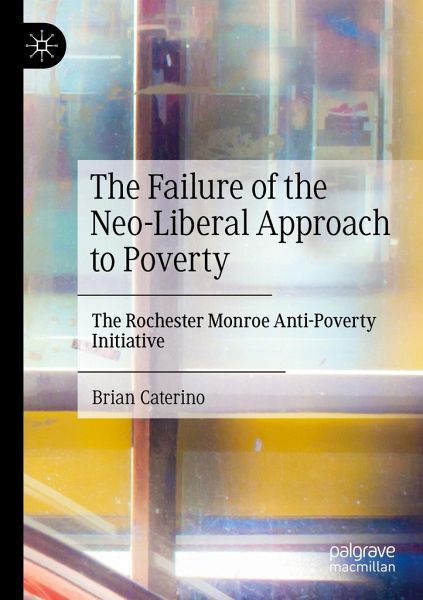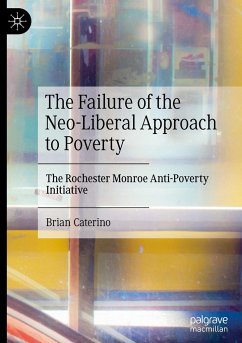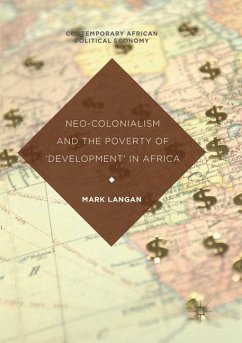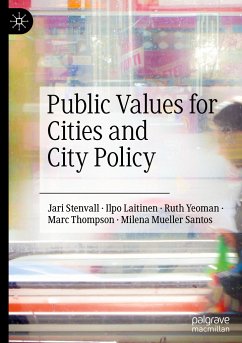
The Failure of the Neo-Liberal Approach to Poverty
The Rochester Monroe Anti-Poverty Initiative
Versandkostenfrei!
Versandfertig in 6-10 Tagen
83,99 €
inkl. MwSt.
Weitere Ausgaben:

PAYBACK Punkte
42 °P sammeln!
This book examines the foundation and progress of the Rochester Monroe Anti-Poverty Initiative (RMAPI). Poverty has once again become a major issue in American cities, and nowhere more so than Rochester, which has one of the highest rates of poverty in the nation. RMAPI was established to reduce poverty, yet in the five years since its formation the poverty rate is essentially unchanged. Analyzing the reasons behind its failure, this book argues that the very nature of the organizational framework is part of the problem, and that RMAPI's project is caught up with contradictory imperatives of n...
This book examines the foundation and progress of the Rochester Monroe Anti-Poverty Initiative (RMAPI). Poverty has once again become a major issue in American cities, and nowhere more so than Rochester, which has one of the highest rates of poverty in the nation. RMAPI was established to reduce poverty, yet in the five years since its formation the poverty rate is essentially unchanged. Analyzing the reasons behind its failure, this book argues that the very nature of the organizational framework is part of the problem, and that RMAPI's project is caught up with contradictory imperatives of neo-liberal welfare reforms. More than just a study of local interest, the book uses Rochester as a case study to illuminate the limits of the neo-liberal approach to poverty. It will appeal to all those interested in political science, urban politics, community studies, welfare policy and public administration.














